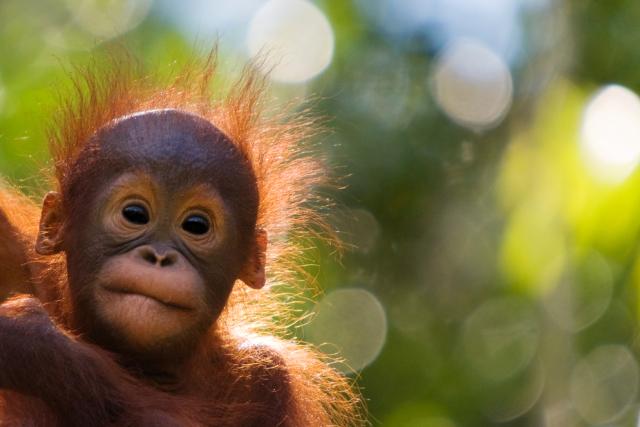
The issue
Batang Ai National Park is one of the oldest Iban settlements in Sarawak. This part of Borneo is home to important orangutan habitat; however, they are critically endangered and on the decline. But by ensuring that local communities are at the heart of orangutan conservation projects, there is hope for this iconic species.
In 2013 the Forestry Department of Sarawak discovered 1000s of orangutan nests in the Sungai Menyang Conservation Area in Batang Ai. An urgent need to conserve this area was backed by the Malaysian government. So WWF began working with the forestry community to create a project that centres around the important balance between nature conservation and human livelihood.
The people of Menyang Taih live in longhouses at the heart of the Sungai Menyang Conservation Area, so these communities are familiar with the concept of coexisting sustainably with the natural world. They have a deep connection with the rainforest and have lived beside it for over five generations, so it only makes sense that they have a core role in managing their land.
That’s why we’ve helped run a project that is working to restore degraded land and conserve orangutan habitat, whilst also giving Menyang Taih communities a sustainable source of income.
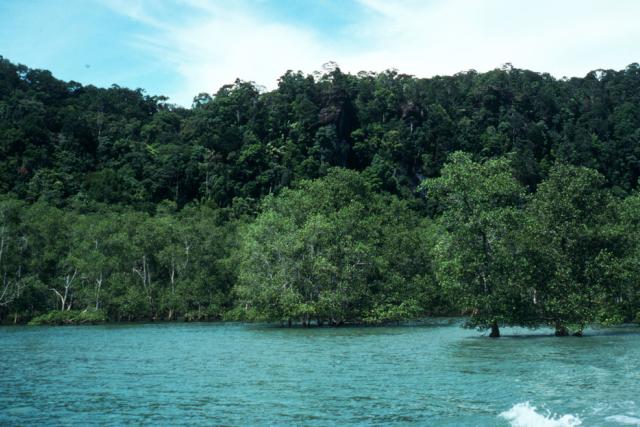
The solution
At the centre of this project is the Gaharu tree – a native plant to Sarawak that traditionally provided valuable resinous wood for local people. But the discovery that Gaharu tree leaves can be made into a delicious tea changed the shape and direction of this project.
By planting Gaharu trees and harvesting the leaves, degraded land can be transformed into healthy agricultural land that compliments the rainforest. This gives a real incentive for local communities not to cut trees down, as it would be their primary source of income. As a result, orangutan habitat can be protected.
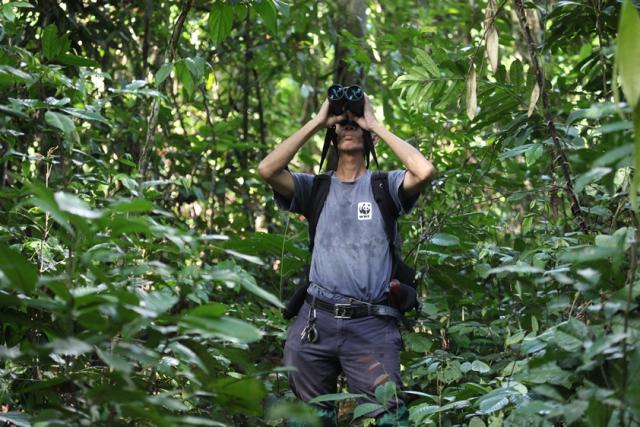
Result
If projects like this are taken up by other Iban communities, less orangutan habitat will be cut down for farming in Malaysian Borneo. This would mean productive and robust orangutan habitat can be kept intact, hopefully encouraging orangutan populations to grow and thrive in Sarawak.
The Gaharu tree was the perfect choice to create a sustainable economy and a stable ecosystem. Local people can farm and sell tea leaves to create an income, but Gaharu agriculture does not destroy the rainforest - it protects it.
Members of the Menyang Taih community planted 8,000 Gaharu trees as part of this project and reached 11,000 planted trees with the help of WWF volunteers. This means that instead of cutting down precious rainforest for tea leaf farming, empty and degraded land was being used instead. This empowers the local communities to be able to move towards a sustainable form of income that benefits orangutan habitat and themselves.
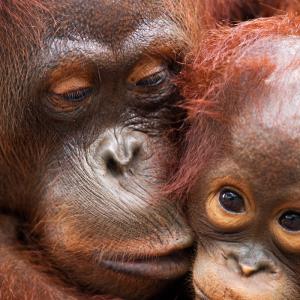 Orangutan
Orangutan
 Top 10 facts about orangutans
Top 10 facts about orangutans
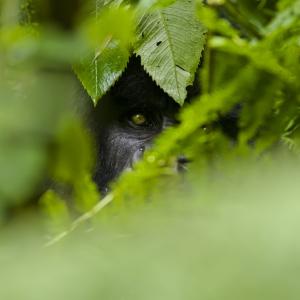 10 of the world's most endangered animals
10 of the world's most endangered animals
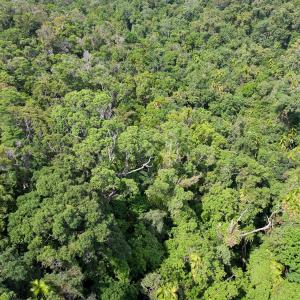 Looking below the canopy at forests and climate change
Looking below the canopy at forests and climate change